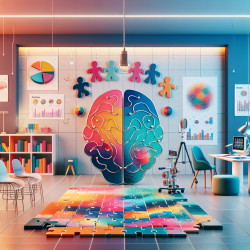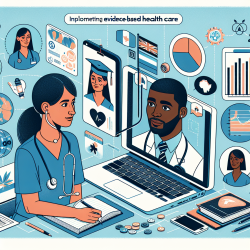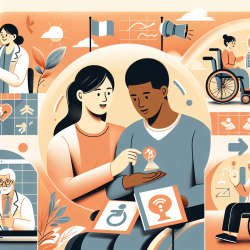Understanding the Importance of Relationship-Based Learning in Therapy
The recent study titled "It’s All About Relationships" underscores the significance of relationship-based learning in educational settings, particularly within rural longitudinal integrated clerkships (LICs). The research highlights how the development of trusting relationships between preceptors and students can significantly enhance learning outcomes. This blog aims to translate these findings into actionable insights for practitioners in the field of speech-language pathology, especially those engaged in online therapy services like TinyEYE.
Key Insights from the Research
The study, conducted at the University of British Columbia, involved interviews with nine family practice preceptors. Three primary themes emerged:
- Trusting Relationships: Preceptors developed both professional and personal relationships with students, which extended beyond the clerkship year.
- Individualized Teaching Approaches: Teaching was tailored to the individual needs of the student, with a focus on setting collaborative learning goals.
- Future-Oriented Learning Goals: Goals were set not only to meet program objectives but also to prepare students for their future roles as physicians.
Applying These Insights to Speech-Language Pathology
For practitioners in speech-language pathology, particularly those working with children, the importance of building strong, trusting relationships cannot be overstated. Here are some ways to incorporate these insights into practice:
- Develop Trust: Establish a rapport with both the child and their family. Trust is foundational to effective therapy and enhances the child's engagement and responsiveness.
- Individualized Plans: Tailor therapy plans to meet the unique needs of each child. Collaborate with families to set realistic and personalized goals.
- Focus on Long-Term Outcomes: While immediate objectives are important, consider the child's long-term communication needs and work towards sustainable improvements.
Encouraging Further Research and Application
Practitioners are encouraged to delve deeper into the concept of relationship-based learning and its application in therapy settings. By fostering strong relationships, therapists can create a more supportive and effective learning environment for children.
To read the original research paper, please follow this link: It’s all about relationships.










